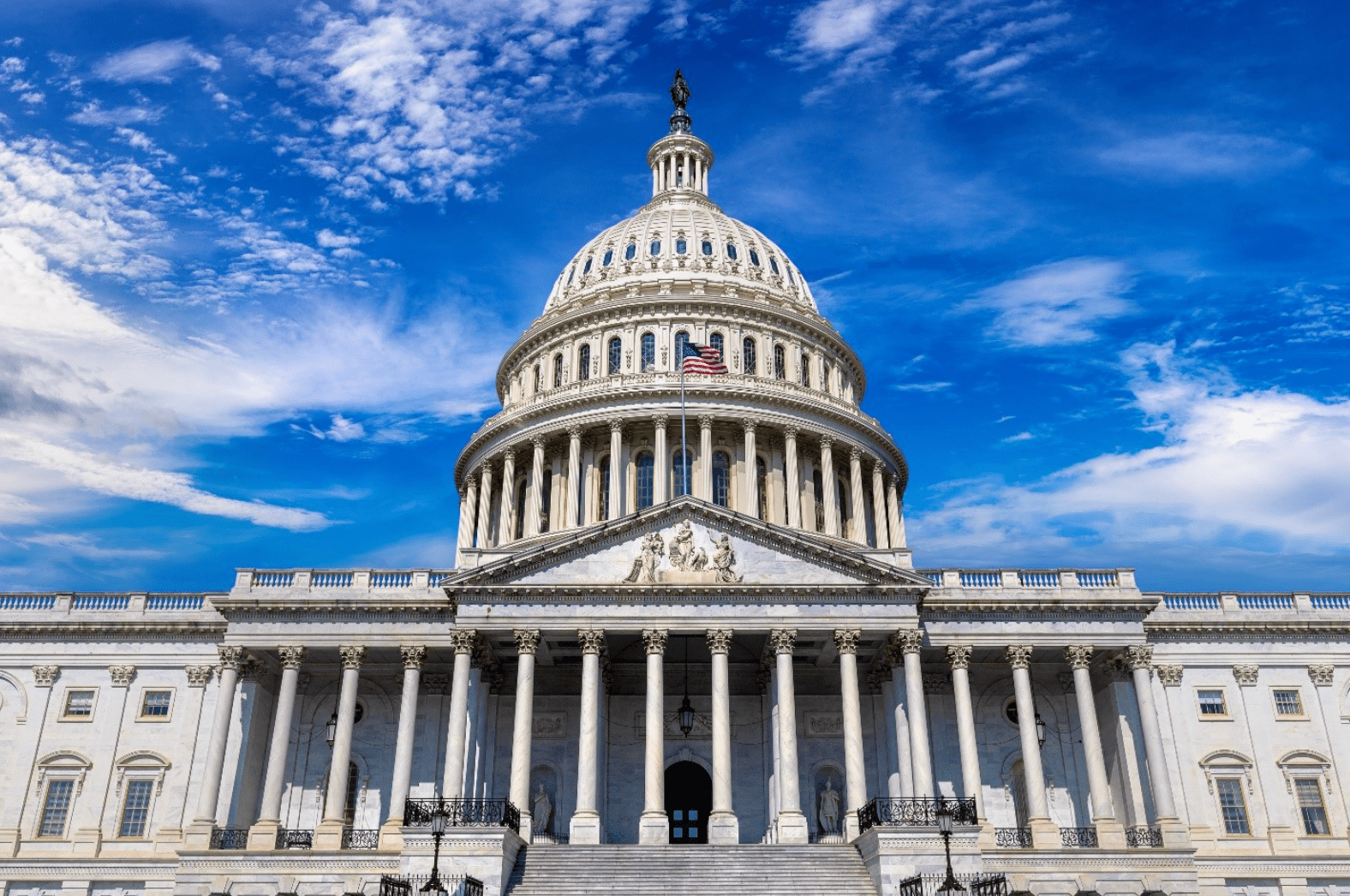Government agencies play an essential role in society. Unfortunately, accidents with employees of government agencies or entities can happen at any time due to a person’s wrongdoings or negligence. Entities or their employees are typically protected from lawsuits under the principle of sovereign immunity, which is the legal doctrine providing that the government cannot be sued without its consent. However, the most common question is, is it possible to sue a government entity for personal injury? The short answer is yes, but bringing a personal injury claim against a government entity or its employees is different can require additional steps and be more complicated than a personal injury claim against a private person or a private company because of laws protecting them.
Most times, after an accident, it can be challenging to know where to assign liability (fault). However, the government entity can be sued for injury caused by an accident under certain circumstances, mainly when their negligence caused the accident. Here are some personal injury accidents a government entity can be sued for:
- Being injured in a national park
- Medical malpractice
- Injuries caused by law enforcement
- Injuries caused by a federal employee
- Injuries caused in a federal building
The circumstances and location of your injury are crucial factors in determining the appropriate party to seek compensation from. In addition to carefully listening to your account of how the injury occurred, we pay close attention to the time, place, and specific details surrounding the incident. These essential pieces of information aid us in identifying the party responsible and pursuing compensation on your behalf.
State and Local Governments
Each state and local government can have different laws regarding the applicability or waiver of sovereign immunity. Currently, some states and local governments are considering changes in how sovereign immunity is applied or the procedural rules governing such immunity. It is very important to understand not only when sovereign immunity is or is not applicable in your state, but also the process to make a claim where such claims are permitted. The Virginia Tort Claims Act (VTCA) governs the applicability of sovereign immunity against the Commonwealth of Virginia, and any waivers of that immunity for certain claims. However, claims made under the VTCA against the Commonwealth of Virginia or claims against local governments must be made properly and timely.
Federal Government – Federal Tort Claims Act
The Federal Tort Claims Act (FTCA) is a law enacted in 1946 that gives a waiver of sovereign immunity. This allows private parties to sue the Federal Government for certain acts committed by employees or agents of the Government while acting within the scope of their employment. The FTCA is essential for individuals seeking compensation for personal injuries, property damage, or other harm caused by federal employees or agencies’ negligence or wrongful actions. Before the FCTA was enacted, sovereign immunity shielded the Federal Government and their employees from lawsuits for personal injury and property damage claims, even if federal employees acted wrongly or unlawfully.
However, the FTCA changed this by removing the government immunity for specific types of claims as long as a proper process was followed. In cases where a private citizen would be held liable under tort law for a similar act, the Federal Government could now be held accountable, with some exceptions and limitations.
Federal Tort Claims Act statute of limitations
What is the statute of limitations for the Federal Tort Claims Act? The FTCA governs the manner and time frame in which a claim must be filed against the Federal Government for tortious acts. Typically, a Federal Tort Claim must be presented to the appropriate government agency within two years from the date of the alleged negligence. Unlike the statute of limitations that apply to the filing of a lawsuit in states, the FTCA requires that a claim be properly filed with the appropriate administrative agency first.
Allowing enough time for claim preparation is essential to avoid the risk of missing a deadline or submitting an incomplete claim. After properly filing the claim, the government agency will review it. To make sure the proper processes are followed, and to give you the best chance of making a recovery, it is wise to consult with an experienced attorney from our firm. They will ensure your case is handled with precision and expertise.
As mentioned earlier, initiating legal action against a City, State, or Federal Government entity is challenging. The process is intricate and demanding, and while it is within your rights to pursue a personal injury lawsuit against the federal Government independently, we strongly advise you to consider consulting a reputable attorney. Numerous legal hurdles lie ahead, and you must be ready to navigate them effectively.
At Huffman and Huffman, we emphasize the importance of and commitment to building an attorney-client relationship. During this difficult time, our legal team can assist you in seeking justice and obtaining full and fair compensation for your injuries. Our experienced team has been serving injured clients for over 50 years and has recovered millions of dollars on our clients’ behalf. If you have been injured in an accident, contact us today for a free consultation. Let our family help your family.
 Text Us
Text Us  Call Us
Call Us 







